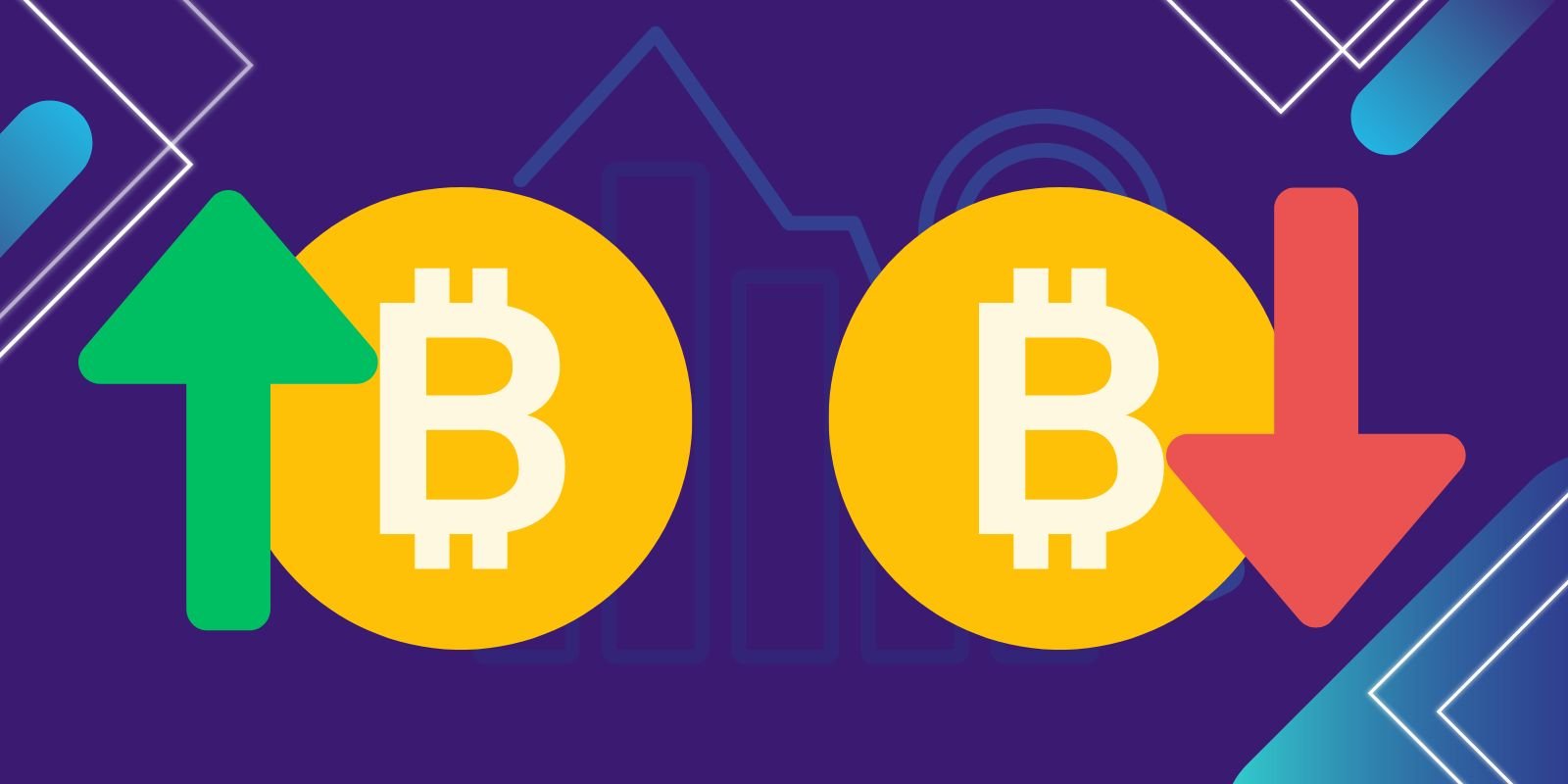A distributed management and Bitcoin-based banking system could revolutionize the world economy. Transactions would be processed much more quickly, securely, and efficiently than through traditional banking systems. This innovative system would also allow users to remain anonymous while conducting transactions.
Introduction to cryptocurrency
Cryptocurrencies, such as Bitcoin – the first and most renowned of its kind created in 2009 – are digital or virtual tokens that rely on cryptography for their security and to regulate the generation of new units. Unlike traditional currencies which are managed by either a government or financial institution, cryptocurrencies operate independently from any central control.
Cryptocurrencies are often traded on decentralized exchanges and can also be used to purchase goods and services. While cryptocurrencies remain controversial, there is a growing interest in them as an investment asset class.
What is distributed management?
Distributed management is a style of decision-making where control lies not with one individual, but rather among a group. This approach can be advantageous for organizations that have specialists in different areas or simply want to receive input from various sources before reaching an ultimate conclusion.
One downside to distributed management is that it can be more difficult to make decisions when there are multiple people involved and everyone has their own opinion. Additionally, if the group is not able to come to a consensus, this can lead to paralysis and no decision being made at all.
Distributed management and Bitcoin correlation
Bitcoin and distributed management are two buzzwords that have been getting a lot of attention lately. But what do they actually mean?
Bitcoin is a digital currency that is created and held electronically. It is decentralized, meaning that it is not controlled by any single entity. This makes it a popular choice for online transactions, as there is no need to worry about fees or regulations from third parties.
Distributed management, on the other hand, refers to the way in which tasks are divided and organized among a group of people or devices. Rather than relying on a central authority to oversee and manage everything, distributed management allows for tasks to be divided up and completed autonomously by anyone who is part of the system.
Crypto Bank System
A crypto bank system is a digital system that allows customers to store, send, and receive cryptocurrencies. It also allows users to buy goods and services with their cryptocurrencies. The system operates as a bank, but it uses blockchain technology to manage transactions.
Crypto banks offer various services, including account management, debit cards, loans, and investments. They also offer 24/7 customer support and security features like two-factor authentication.
Benefits of distributed management in crypto
The benefits of distributed management for finance are as follows:
1. Increase efficiency through scalability
When you break down a task into smaller pieces and distribute them among multiple people, those people can work on the task simultaneously, which increases efficiency. And because the task is distributed among multiple people, if one person is unavailable or encounters a problem, another person can step in and take over.
2. Reduced risk of an outage by eliminating a single point of failure
In a distributed system, if one node fails, the other nodes can still function. This reduces the risk of an outage or data loss.
Additionally, distributing tasks among multiple nodes helps to ensure that tasks are completed more quickly and efficiently. This is because if one node is unavailable or overloaded, the other nodes can pick up the slack. This also helps to prevent congestion and optimize system performance.
3. Reduced costs
There are a number of benefits to distributed management, the most obvious of which is reduced costs. By taking tasks and responsibilities out of the hands of a centralized authority and distributing them among a decentralized network, companies can save on things like office space, equipment, and administrative staff.
4. Encourage Innovation
When people are given more autonomy to make decisions and take action, they’re often more motivated to come up with creative solutions to problems. This increased creativity can lead to faster problem-solving and better results for the company overall.
5. Increased transparency
When everyone has access to the same information, they can make better decisions.
For example, if you’re working on a project and you need to know what the deadline is, you can go to the person who’s in charge of the project and ask them directly. You don’t have to go through several people in order to get an answer – you can just talk to the person who’s responsible for that part of the project.
This also makes it easier to identify problems and find solutions. If there’s a problem with the project, everyone will be able to see it and work together to fix it. Transparency allows for better communication and collaboration, which leads to improved productivity and
Benefits of crypto banking over traditional banking
1. Lower Fees
One of the primary benefits of crypto banking is that it typically has lower fees than traditional banking. This is because crypto banks are often able to avoid the high costs associated with traditional banking, such as brick-and-mortar locations and compliance with regulations. As a result, crypto banks are able to offer their services at a much lower cost to consumers.
2. Higher Interest Rates
Another benefit of crypto banking is that it often offers higher interest rates on deposits than traditional banks. This is because crypto banks are not subject to the same regulations as traditional banks, which limits the amount of interest they can offer on deposits. As a result, consumers who choose to bank with a crypto bank can often earn more on their deposits than they would with a traditional bank.
3. Greater Accessibility
Crypto banks also tend to be more accessible than traditional banks, particularly for consumers in developing countries. This is because crypto banks often do not require customers to have a minimum balance or to meet other requirements that are common with traditional banks. As a result, crypto banking can be a great option for people who live in areas where access to traditional banking is limited.
4. Faster Transactions
In addition to being more accessible, crypto banks also tend to offer faster transaction times than traditional banks. This is because blockchain technology, which is used by most crypto banks, allows for near-instantaneous transactions. In contrast, traditional bank transfers can often take several days to complete. As a result, crypto banking can be a great option for people who need to send or receive money quickly.
5. Increased Security
Finally, crypto banking tends to be more secure than traditional banking thanks to the use of cryptography and decentralized ledger technologies such as blockchain. These technologies make it very difficult for hackers to steal customer information or otherwise compromise accounts.
How crypto banking is useful for cryptocurrency?
Crypto banking is when a user deposits their cryptocurrency into a bank, which then issues a certificate of deposit (CD) for the deposited amount. The CD can then be used as collateral for loans, or to purchase goods or services. When the CD matures, the holder can redeem it for the original cryptocurrency plus interest. This system provides a way to use cryptocurrencies like Bitcoin and Ethereum as collateral for traditional banking products and services.
How does the crypto banking system work?
Crypto banking systems work by taking advantage of the cryptography that is built into digital currencies like Bitcoin. This cryptography allows for the secure transmission of funds between parties without the need for a third party to mediate the transaction. This makes crypto banking systems a more efficient and cost-effective way to conduct transactions than traditional banking systems.
The usefulness of crypto in crowdfunding
It’s true that cryptocurrency can be very useful in crowdfunding. For example, the use of cryptocurrency can help to minimize or eliminate the need for third-party intermediaries such as banks and credit card companies, which can often slow down the crowdfunding process or increase costs.
Cryptocurrency also allows for a high degree of transparency and security, and it can help to ensure that funds are distributed in a fair and equitable manner. Finally, cryptocurrency provides a way for donors to remain anonymous if they choose to do so.
The future of banking is a cryptocurrency
Cryptocurrencies are increasingly being used for payments in the real world. For example, there are now a number of restaurants in Dubai that accept Bitcoin as payment. Simply, you can buy Bitcoin in Dubai or anywhere else and pay for your buying. The main benefit of cryptocurrencies is that they are secure and fast.
They can also be used anywhere in the world without having to worry about exchanging currencies. Cryptocurrencies are set to play a big role in the future of banking and will likely replace traditional fiat currencies in the coming years.
A speculative view on crypto future
Cryptocurrencies are the future. There’s no doubt about that. But it’s not just Bitcoin and Ethereum that will rule the future; there are a number of other cryptos that are destined for greatness as well. For example, Dash is set to become a major player in the crypto world. With its unique features and fast transaction speeds, it’s perfect for everyday use. And Ardor is another crypto that is quickly gaining ground; with its innovative parent/child blockchain structure, it offers unparalleled security and scalability.
So don’t be surprised if these and other lesser-known cryptos soon take center stage in the world of digital currency. The future is bright for cryptocurrencies.
Use of Blockchain in the crypto banking
There are a few potential ways that blockchain could be used in the crypto-banking space. One possibility is that blockchain could be used to create a more secure and transparent system for tracking transactions. Another possibility is that blockchain could be used to create a more efficient system for processing payments. Either way, it seems likely that blockchain will play an important role in the future of crypto banking.
FAQs
Is bitcoin a distributed system?
Yes, bitcoin is a distributed system. Bitcoin is designed to be a peer-to-peer payment system that does not require a central authority. This makes it possible for bitcoin to be used in cross-border transactions with no fees.
What is crypto DCS?
DCS is a powerful digital currency system that utilizes cryptography to provide secure and verified transactions, as well as control the production of new units of the same. Known widely as cryptology, it ensures safe communication between third parties involved in cryptocurrency deals. In its most simple terms, DCS means digital cash system – which perfectly describes how this type of monetary exchange works.
Is bitcoin decentralized or distributed?
Bitcoin is a decentralized currency because it doesn’t rely on any central authority to issue or manage it. The Bitcoin protocol is based on a peer-to-peer network, and transactions are verified by network nodes (called miners) that are rewarded with new bitcoin against bitcoin mining. This decentralization makes bitcoin strong against government intervention or control.
Bitcoin is also a distributed currency because anyone can participate in the Bitcoin network and help process transactions. There are no gatekeepers, so anyone can become a miner and earn bitcoin that way. This distributed nature also makes bitcoin robust against attacks or manipulation.
How can banking benefit from technology?
There are a few key ways that technology can benefit banking:
- by making it more convenient for customers to access their accounts and make transactions;
- by making it easier for banks to manage their operations and track customer behavior; and
- by providing new platforms for banking services, such as online banking or mobile banking.
Has Bitcoin created a crypto bank system?
Yes. Bitcoin has created a crypto bank system where people can hold and use their bitcoin as a currency. Bitcoin is stored in digital “wallets” and can be transferred from one wallet to another. They can also be used to purchase items from online merchants that accept bitcoin as payment. Bitcoin transactions are processed by a network of computers called “miners”. Miners are rewarded with bitcoin for verifying and processing bitcoin transactions.







